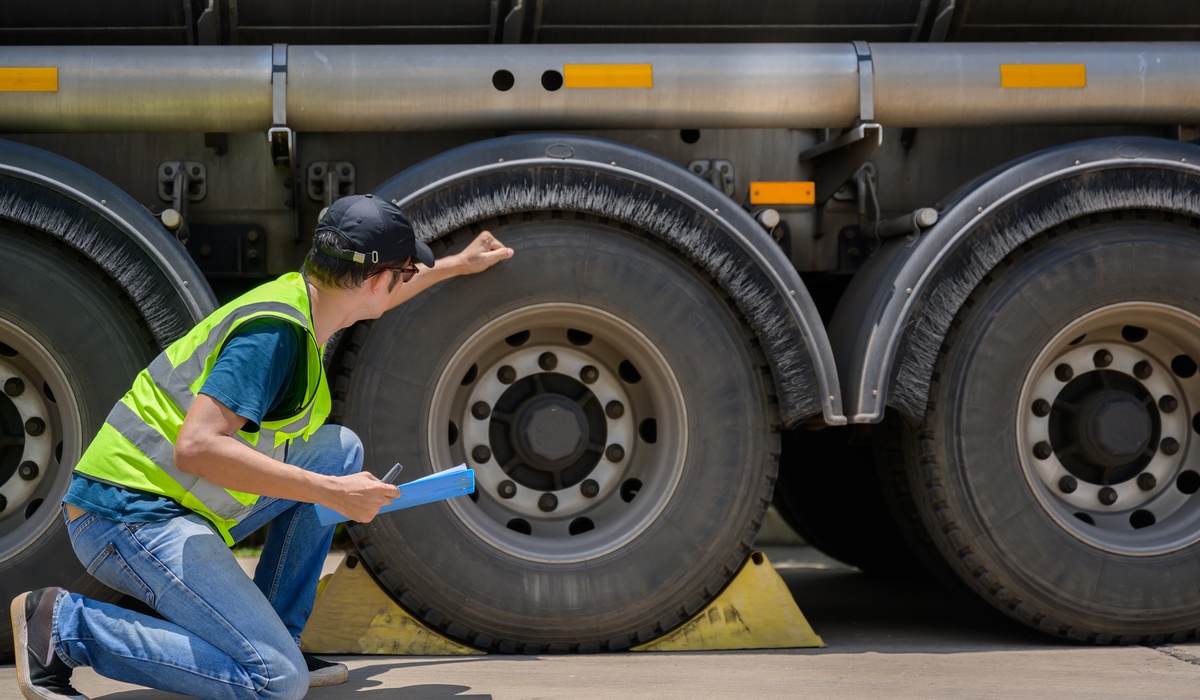The Department of Transportation (DOT) stands as the guardian of America’s roadways, establishing comprehensive regulations that govern every aspect of the trucking industry. These federal mandates serve as the foundation upon which safe, efficient, and reliable freight transportation operates across the nation. For truckers, fleet managers, and transportation companies, understanding why DOT regulations are essential in the trucking industry represents far more than regulatory compliance—it embodies a commitment to protecting lives and maintaining the integrity of commercial transportation.
DOT regulations exist primarily to ensure safety on the roads for truckers and the general public. These rules address everything from driver qualifications and hours of service to vehicle maintenance and cargo securement. The regulations recognize that commercial vehicles, due to their size and weight, pose unique risks that require specialized oversight. For example, understanding DOT regulations for chemical tanker trailers becomes crucial when transporting hazardous materials that could endanger entire communities if mishandled. The complexity of these regulations reflects the diverse nature of trucking operations, where different cargo types and vehicle configurations demand specific safety protocols.
Vehicle standards form another critical component of DOT regulations, establishing minimum requirements that help prevent accidents before they occur. These standards encompass regular inspections, maintenance schedules, and equipment specifications that ensure trucks remain roadworthy throughout their operational life. Commercial vehicles must undergo systematic inspections that examine everything from brake systems and tire conditions to lighting and coupling devices. Fleet managers rely on these standardized requirements to develop maintenance programs that keep their vehicles compliant while minimizing unexpected breakdowns that could strand drivers or create hazardous situations on busy highways.
The regulatory framework also addresses driver qualifications and training, ensuring that individuals operating commercial vehicles possess the necessary skills and knowledge to handle these complex machines safely. Commercial driver licensing requirements, medical certifications, and ongoing training mandates create a professional standard that elevates trucking beyond mere vehicle operation to skilled commercial transportation. These requirements help protect the drivers themselves and other road users who share the highways with large commercial vehicles.
Non-compliance with DOT regulations carries serious consequences that extend far beyond monetary penalties. Violations can result in substantial fines that impact company profitability, but more significantly, they can lead to operational restrictions that prevent trucks from operating until violations are corrected. Out-of-service orders can strand drivers and delay critical shipments, creating cascading effects throughout supply chains. Repeat violations may result in more severe penalties, including the suspension of operating authorities that can effectively shut down transportation businesses.
The consequences of non-compliance also extend to insurance considerations and legal liability. Companies with poor compliance records often face higher insurance premiums and may struggle to secure coverage altogether. When accidents occur involving non-compliant vehicles or drivers, the legal ramifications can be severe, potentially resulting in costly lawsuits and damaged reputations that take years to rebuild.
DOT regulations ultimately serve the entire trucking industry by establishing a level playing field where safety and professionalism define success rather than corner-cutting and risk-taking. These regulations protect responsible operators from unfair competition by ensuring that all participants meet the same high standards. By maintaining an understanding of why DOT regulations are necessary in trucking and complying with them, companies contribute to an industry reputation built on reliability, safety, and professionalism that benefits everyone involved in commercial transportation.









